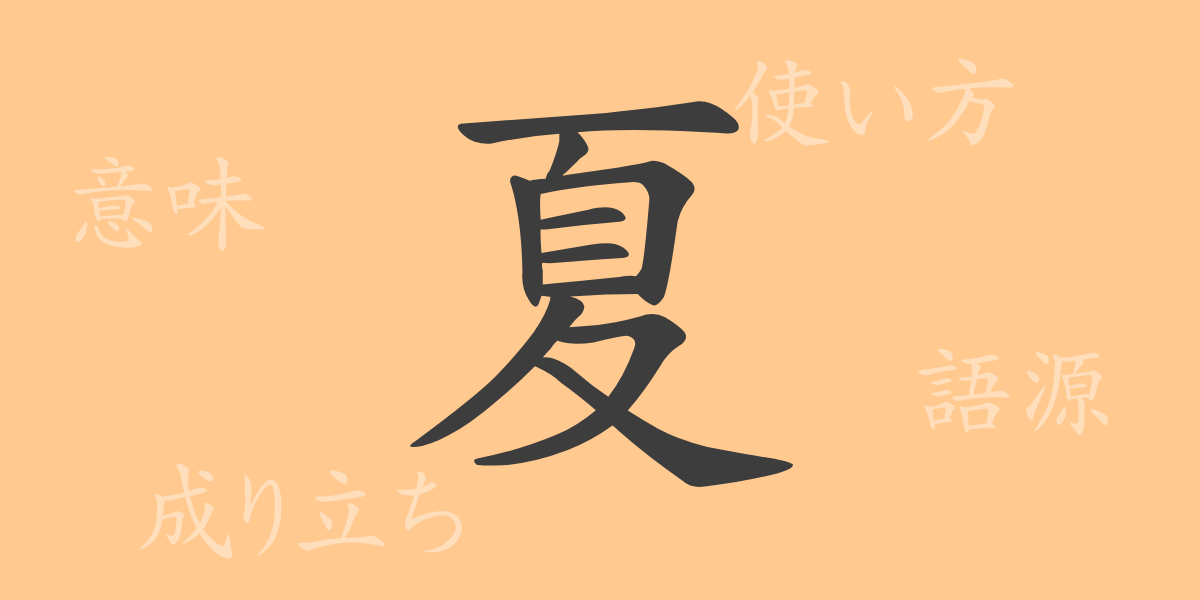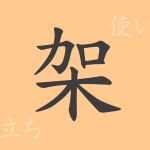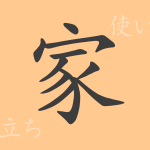Amidst the lush greenery of trees and the stronger rays of the sun, we find the season of summer. In this article, we focus on the commonly used Japanese kanji for summer, “夏” (Natu), exploring its origins, meaning, usage, and even idioms and proverbs related to summer, unraveling everything about this season. In Japan, where each season brings its unique charm, “夏” (Natu) symbolizes a special seasonal sentiment, inviting us to rediscover its allure on this journey together.
The Origins of 夏 (Natu)
The character “夏” (Natu) originates from ancient Chinese pictographs. Initially, it depicted the image of rice plants bearing fruit, indicating that the season of summer was the period for crops to mature. Over time, the character evolved to comprise two parts: “大” (Dai/large), representing the figure of a person standing, and “小” (Syou/small), symbolizing rice plants, together signifying the season of harvest.
The Meaning and Usage of 夏 (Natu)
Summer, the hottest period of the year, is a season beloved for its long school vacations, beach outings, and fireworks festivals. The term is also used to describe specific events or states, such as “夏休み” (Natuyasu-mi/summer vacation), “夏祭り” (summer festival), and “夏バテ” (Natu-bate/summer fatigue). Metaphorically, it can express the prime of life, as in “one’s summer of life.”
How to Read 夏, Stroke Count, and Radical
Let’s introduce some basic information about the kanji “夏” (Natu).
- Reading: The on’yomi (Chinese reading) is “か” (Ka), while the kun’yomi (Japanese reading) is “なつ” (Natu).
- Stroke Count: “夏” (Natu) has a total of 10 strokes.
- Radical: The radical of “夏” is “夊” (Suinyou).
Idioms, Phrases, and Proverbs Using 夏 (Natu) and Their Meanings
There are many idioms, phrases, and proverbs related to summer in the Japanese language. Here are a few:
- “夏炉冬扇” (Karotousen): Literally “summer hearth, winter fan,” this idiom refers to things that are useless or out of place.
- “盛夏” (Seika): The peak of summer, the hottest period.
- “夏枯れ” (Natuga-re): Refers to the withering of grass and trees due to the summer heat, and by extension, a lack of energy or vitality.
- “残暑” (Zansyo): The lingering heat after the peak of summer has passed.
- “夏の夜の夢”(Natu-no-yoru-no-yume): A temporary and illusory beautiful experience, akin to a “midsummer night’s dream.”
Conclusion on 夏 (Natu)
Since ancient times, “夏” (Natu) has been deeply intertwined with people’s lives and cultural events. This season enriches our hearts with nature’s bounty. Through the meanings embedded in this single kanji and the idioms and proverbs utilizing it, we can appreciate the diverse expressions of summer. The Japanese summer is not just about the heat; it’s a season filled with profound history and culture, brimming with charm.

























